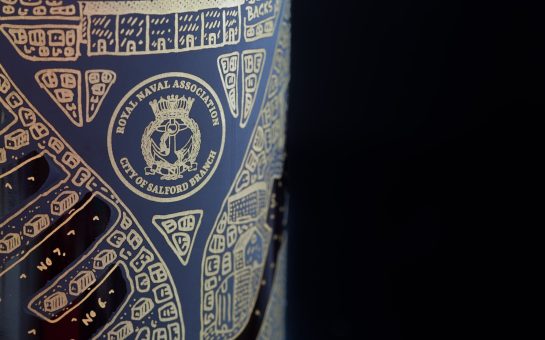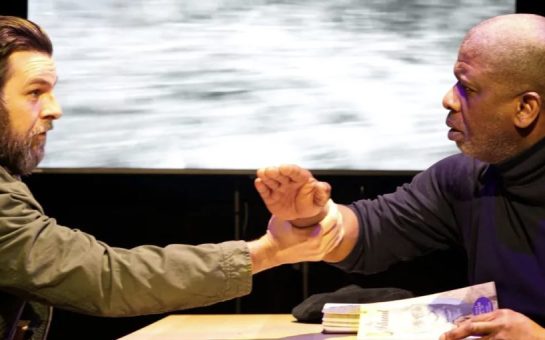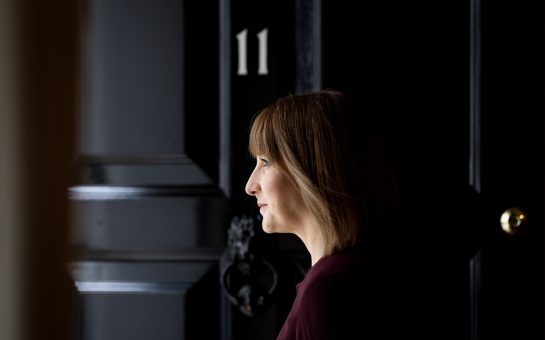While the ‘second wave’ of feminism has gradually become a beacon of change in recent years, statistics for the number of women on local councils still show vast inequality.
Across Greater Manchester’s ten boroughs, figures for the number of female councillors compared to male leave a lot to be desired.
Salford comes out worst, with just a quarter of their councillors female.
Labour councillor for Cadishead Christine Hudson said: “I didn’t know we were the lowest – when I joined there were only a couple of women, so to me it has got better.
“But obviously we are not good enough and we need to do a lot more. I would like to see it evenly balanced so you have the views of both men and women.”
As for why the figures might be so low, Mrs Hudson said it was probably down to women being too busy running homes and taking care of families.
She said that Salford Council does encourage women to apply to be councillors and she believes the input of more women would be ‘invaluable’.
Bolton and Wigan councils also have some of the lowest numbers of female councillors, just 28% and 27% respectively.
|
Borough |
Total number of councillors |
Number of female councillors |
As a percentage |
|
Bolton Metropolitan Borough Council |
60 |
17 |
28% |
|
Bury Council |
51 |
19 |
37% |
|
Manchester City Council |
96 |
36 |
38% |
|
Oldham Council |
60 |
18 |
30% |
|
Rochdale Borough Council |
60 |
20 |
33% |
|
Salford City Council |
60 |
15 |
25% |
|
Stockport Council |
63 |
20 |
32% |
|
Tameside Metropolitan Borough Council |
57 |
25 |
44% |
|
Trafford Metropolitan Borough Council |
63 |
21 |
33% |
|
Wigan Council |
75 |
20 |
27% |
But Karen Aldred, Labour councillor for Atherton in Wigan, said: “I personally don’t have a problem with the balance on the council, as we have more women councillors now than there used to be.”
Tameside is the only council that comes close to an even split, with 44% of councillors female.
Ann Holland, Labour councillor for Droylsden West, said: “You get there on merit, so it shouldn’t necessarily be exactly 50-50. But the women have as much say as the men and some of us are a lot more outspoken!
“It’s still a man’s world. You look at MPs and it’s outrageous, the number of women they have got.”
This data is not exclusive to our region; it in fact reflects a nationwide trend.
Figures from the Local Government Association show that between 1997 and 2010, the number of female local councillors in the UK only rose by 3% – from 28% to 31%.
This is despite the fact that statistics on gender equality have rocketed in other fields, such as the number of female CEOs or GPs.
Back in 2011, in response to these figures, a guest post by Camden councillor Tulip Siddiq on political opinion site www.leftfootforward.org demanded that ‘a renewed focus on the role of women councillors is both necessary and timely’.
Nearly three years on, that renewed focus is yet to make itself felt.
Councillor Siddiq said: “Negative perceptions of local political life as patriarchal need to be combated in order to remove as many obstacles as possible and create a meaningful and practical equality of opportunity.”
MM asked young women of Manchester whether they too held these ‘negative perceptions’, both in local and national politics.
Former University of Manchester student Elle Mitchell, 24, said: “I would consider being a local councillor because I care about politics, but it is a patriarchal society. The stories female MPs tell from the House of Lords are just ridiculous.”
PR assistant Charlotte Asbury, 25, from Chorlton, said: “The majority of politicians and councillors I am aware of are male. Generations before us had been led to believe politics and the running of councils was a man’s world.
“But I do think there is a change in the tide. We’re seeing many women holding high-ranking professions where there once were none – hopefully this will filter into politics in the near future.”
In an interview on women in Westminster with Stylist magazine, Jenny Willott, Lib Dem MP for Cardiff Central, offered this explanation: “The problem is that you’ve got an in-built bias towards men because there’s a residue of people, some of whom have been here for 30, 40, even 50 years – all of whom are men.
“So until they stand down and someone else comes in, that seat is going to be held by a man.”
If the same applies to regional politics, achieving gender equality on Manchester councils might be a case of playing the waiting game.
Picture courtesy of Settme3, with thanks.



